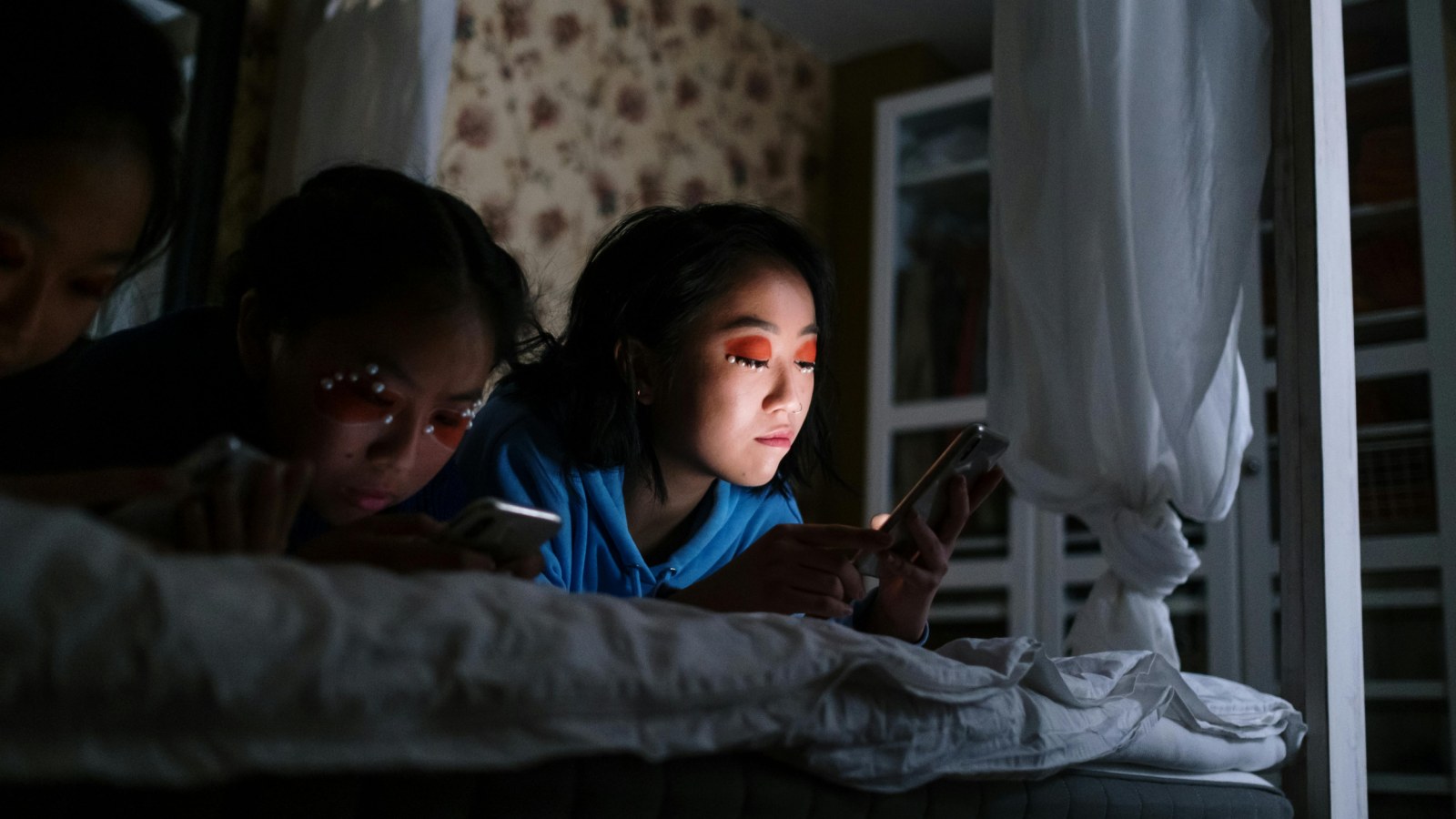A slightly comedic scene unfolds in many Chinese offices around 12:30 PM each day, just 30 minutes into lunch hour: Unlike at most companies in the West, except perhaps at Elon Musk’s Twitter, young people can be found nodding off at their desks or deep in slumber while splayed over sofas (sometimes on the floor, even).
When your team is pushing round the clock to make deadlines sometimes you #SleepWhereYouWork https://t.co/UBGKYPilbD
— Esther Crawford ✨ (@esthercrawford) November 2, 2022
Taking power naps in the middle of the workday has been a long-standing tradition in China. Since kindergarten, post-lunch naps have become a regular part of almost everyone’s daily routine.
Some credit the habit to diet: Chinese cuisine almost always includes rice or noodles, carb-rich foods that cause blood sugar levels to spike quickly. What goes up must come down, and the sugar crash that follows accounts for lethargy and grogginess.
Many young adults in China, even those who hated mandatory siestas when they were little, value nap time more than ever now, especially since local work culture has become increasingly grueling. Such mid-day naps are crucial for making up for lost sleep due to working overtime.
Therefore, it is entirely predictable that netizens were outraged when a Chinese company tried to prevent their employees from sleeping at their desks during lunch. The company issued a notice citing dubious concerns over staff members sleeping in the wrong positions or right after lunch, as it might cause them to catch colds with the advent of winter. But Chinese netizens, often a clever bunch, saw right through their act.

“If you don’t want employees to catch a cold or sleep in the wrong position, give them a pull-out bed, a blanket, or turn up the AC instead of banning nap time,” wrote a disgruntled person on Weibo, China’s largest microblogging platform.
“They just don’t want people to sleep at work. Don’t bullshit us with excuses,” chimed in another user.
A hashtag related to the incident has amassed more than 130 million views on Weibo at the time of writing.
In response to the backlash, the company then released another statement to cover up its initial proclamation. Apparently, employees are permitted to nap — just not on their desks — and can buy their own pull-out beds to sleep lying down.
However, the damage had been done, and many aren’t buying into the company’s second statement. Sarcastic responses from netizens range from “How nice. Let’s work overtime to show our appreciation” to “Thank you so much, but I just love sleeping on my desk.”

A report conducted by iiMedia Research, a third-party data analysis company in China, shows that around 70% of Chinese people take frequent naps.
Naps are so important in the nation that a young man in Guangzhou, one of South China’s largest cities, was fired for interrupting his colleagues’ sacred nap hour by playing loud videos on his phone.

According to various studies, napping improves overall performance in areas such as reaction time, logical reasoning, and symbol recognition.
Creative Chinese youths have cooked up various ways to improve their sleeping environment at work, investing in neck pillows, pull-out sleeping chairs, sleeping bags, and portable mattresses.
Some companies in China even provide nap rooms complete with queen-sized beds and blankets, like the one enjoyed by the RADII team at our co-working space in Shanghai. The noble work we do can partially be credited to said sanctum!
Cover image via Xiaohongshu



















